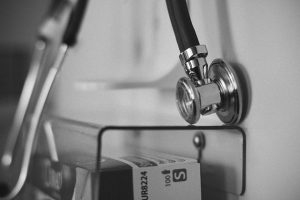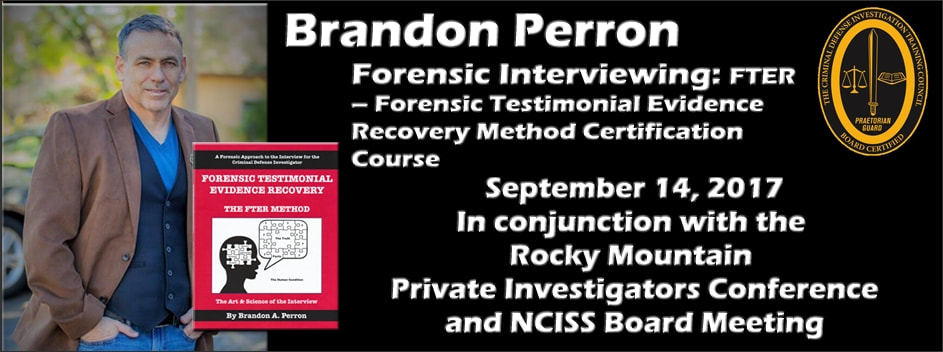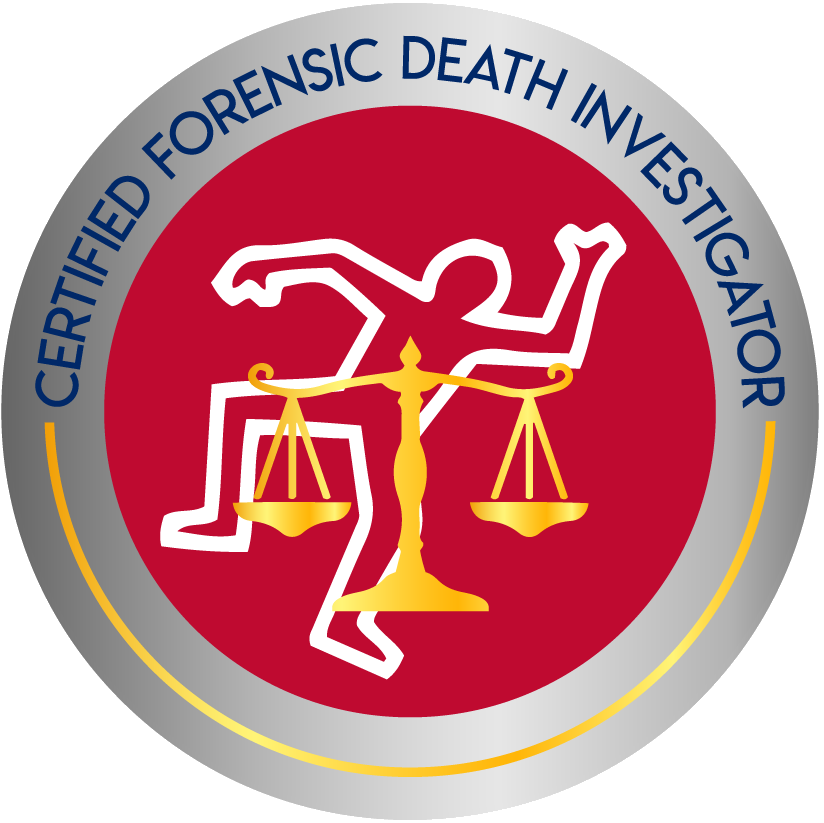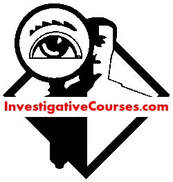
Courtesy of PI Education
by Karen S. Beers, BSW, CCDI
(shared from https://pieducation.com/1110-2)
The Role of the Private Investigator in Equivocal Death Investigations (EDI)
Equivocal Death Investigations (EDI)Private investigators provide a number of important functions related to Equivocal Death Investigations (EDI). The primary considerations are incident related concerns. These include incident scene photography (including video) and investigation, evidence collection in some cases and evidence review, evidence analysis and expert referrals, complete party – involved persons – workups and statement acquisition, including analysis of present and past statements, and review of discovery and disclosures. This process is part of the overall goal of litigation and trial support for the intended purpose of developing and supporting the legal strategy of the client. This process is conducted and completed by following five basic steps: Prepare, Inquire, Analyze, Document and Report, as discussed later.
Death investigation is not limited to death, as the components of death investigation apply to personal injury and injury causation investigations. Understanding death investigation lends to a better understanding of these, adds marketing value to the private investigator and, more importantly, adds value to the services and benefits to the client. This is simply because fractions of an inch, or an alteration in an event, or series of events, may be the only difference between a serious bodily injury or death. Death investigation is not limited to homicide – a homicide investigator may not understand death investigation, and therefore personal injury investigation. Any component of death investigation can be applied to personal injury investigation – from the chain of events leading to the injury and/or death, to the mechanisms of injury or death. The following cases may involve deaths, or personal injury – they all benefit from understanding death investigation:
- Personal Injury and Negligence;
- Consumer Safety and Product Liability;
- Occupational Safety and Workplace Incidents;
- Wrongful and Equivocal Death;
- Motor Vehicle Collisions;
- Medical Malpractice;
- Crime and Incident Scenes;
- Assault and Bodily Injury;
- Elder Abuse and Neglect;
- Child Abuse and Neglect;
- Felony Criminal Defense.
- Skilled Party and Witness Interviews;
- Forensic Photography (GPS encoded/mapped) and Videography;
- Alternate Light Sources (including photography);
- Records and Reports Review with Experienced Analysis;
- Statement Analysis and Deconstruction;
- Experienced Autopsy Procedures and Reports Consultation;
- Medical Records ~ Injuries and Causation;
- Knowledgeable Evidence Collection and Analysis;
- Working relationships with specialized forensic experts.
- Forensic Pathologist;
- Forensic Crime Scene Investigator;
- Forensic Criminalist;
- Forensic Computer and Cell Phone Examiner;
- Forensic Document Examiner;
- Forensic Psychologists (PhDs) and Psychiatrists (MDs), including Behavioral Analysis.
This article was written by Dean and Karen Beers of Associates in Forensic Investigations, LLC. Together they have over 30 years of legal investigative experience and a combined official death investigation experience of over nine years at a busy and unique coroner/medical examiner’s office.
This article is a small excerpt from Medicolegal Death Investigations for Private Investigators, an online continuing education course for private investigators available at PIeducation.com http://pieducation.com/catalog/about-medico-legal-death-investigations.shtml



